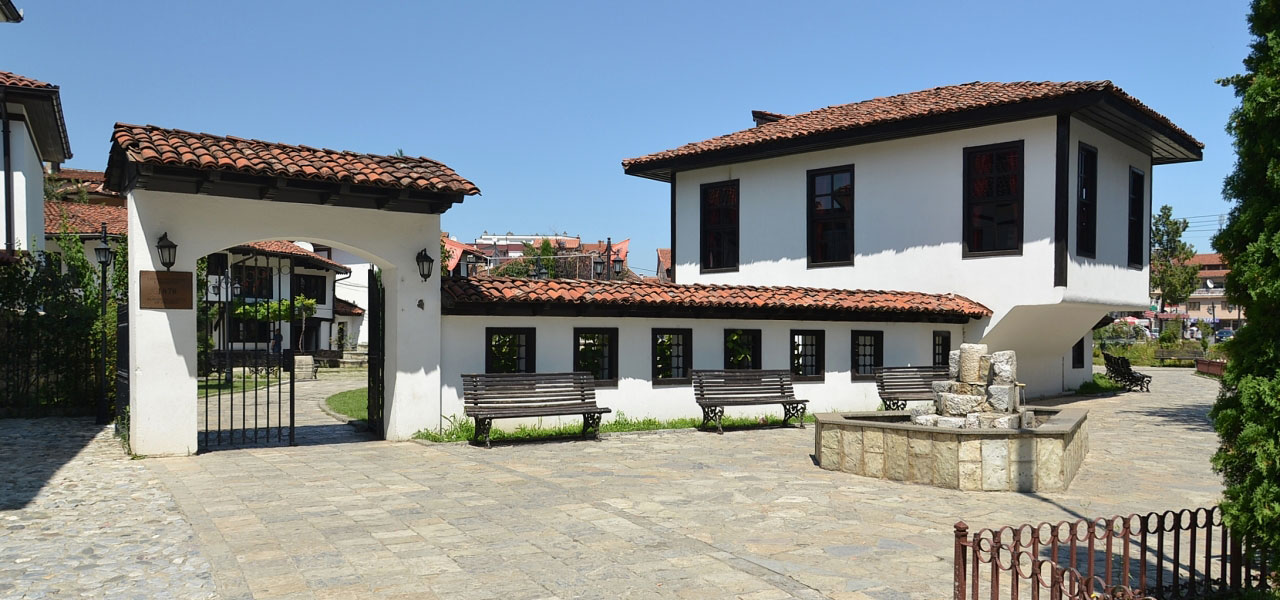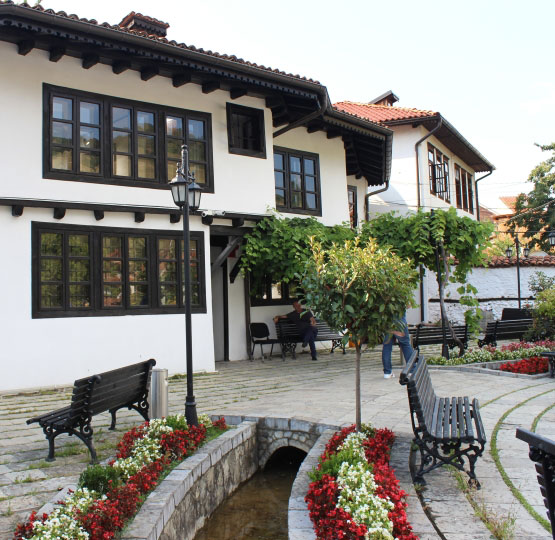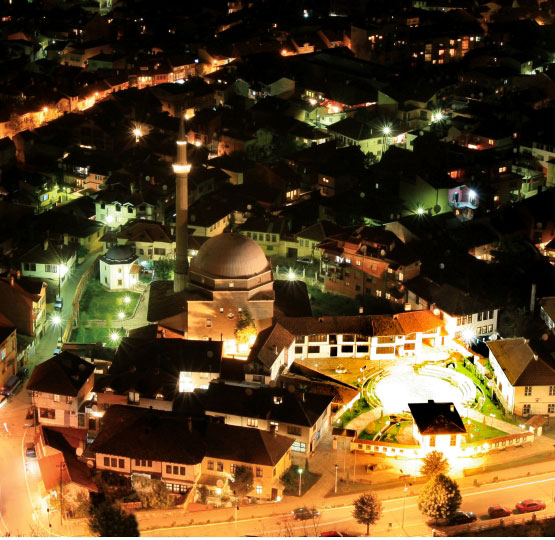The League of Prizren: A Milestone in Albanian History

The League of Prizren (Lidhja e Prizrenit), founded in 1878, represents a defining moment in Albanian history. Established in the historic city of Prizren, now part of modern-day Kosovo, this association of Albanian intellectuals emerged as a powerful political and cultural force. Its primary mission was to safeguard Albanian territories from division and to defend the rights of Albanians in the face of geopolitical threats in the Balkans.
The Context of Its Formation
The latter half of the 19th century was a turbulent period for the Balkans. The decline of the Ottoman Empire and the rise of nationalist movements created an atmosphere of uncertainty and conflict. For Albanians, who were spread across territories under Ottoman control, the threat of territorial division among neighboring states was a looming reality. The 1878 Treaty of San Stefano, followed by the Congress of Berlin, sought to redraw the map of the region, endangering areas with Albanian majorities.
In response, prominent Albanian leaders, intellectuals, and patriots convened in Prizren on June 10, 1878, to establish a unified front. Their goal was clear: to prevent the fragmentation of Albanian-inhabited lands and to advocate for the recognition of Albanian national identity.
Goals and Achievements
The League of Prizren set forth both political and military objectives. Politically, it sought to influence international powers and advocate for the territorial integrity of Albanian lands. Militarily, it organized armed resistance to counter attempts to annex these territories.
Key achievements of the League include:
- Drafting of the League’s Platform: The League outlined a comprehensive platform emphasizing the unity of Albanian lands, cultural preservation, and administrative autonomy within the Ottoman Empire.
- Mobilization of Armed Resistance: The League organized military units to defend territories against incursions, particularly in regions threatened by neighboring states like Serbia, Montenegro, and Greece.
- Preservation of Albanian Identity: Beyond its political goals, the League played a crucial role in fostering Albanian language, culture, and national awareness.
One of their first steps was to draw up a memorandum addressed to the Earl of Beaconsfield, the British representative at the Berlin Congress. In this document, they boldly declared: “Just as we are not or do not want to be Turks, we will oppose with all our strength anyone who wants to make us Slavs, Austrians, or Greeks. We want to be Albanians.”
While territories occupied by the Kingdom of Serbia were surrendered, the League’s troops successfully defended areas assigned to the Principality of Montenegro, as well as the cities of Janina and Preveza in the Epirus region claimed by the Kingdom of Greece. The League’s prominent leaders included Abdyl Frashëri, Sulejman Vokshi, Pashko Vasa, Idriz Seferi, Isa Boletini, and Ymer Prizreni, among others. Frashëri was appointed president of the League, chairman of the foreign commission, and foreign representative of Albanian interests.

Push for Autonomy
As the League’s efforts to prevent territorial cessions were met with resistance, they shifted focus to domestic political reforms. Leaders from various regions proposed the creation of an autonomous province uniting the four Albanian-inhabited vilayets: Yanya (Ioannina), Kosova, Manastır (Bitola), and İşkodra (Shkodra). They advocated for the use of the Albanian language in administration, local governance, and financial autonomy for the region. These proposals were formally adopted in October 1880 during a gathering in the city of Dibra.
When these reform efforts failed due to opposition from Ottoman centralists, the League took control of the administration of the Kosovo Vilayet in early 1881. However, Ottoman forces soon intervened, arresting key members and dismantling the League’s governance. Abdyl Frashëri was sentenced to death, though his sentence was later reduced. Despite its dissolution, the League’s actions sparked a lasting cultural and political awakening among Albanians.
Legacy of the League of Prizren
Although the League faced challenges and was ultimately dissolved by Ottoman forces in 1881, its legacy endures as a symbol of Albanian unity and resistance. The principles championed by the League laid the groundwork for future movements advocating Albanian independence and national sovereignty.
Today, the League of Prizren is celebrated as a pivotal chapter in the history of Kosovo and Albania. Its spirit resonates in the ongoing efforts to preserve and promote Albanian heritage, identity, and self-determination.
Visit the Historic City of Prizren
For those interested in history, the city of Prizren offers a unique opportunity to connect with the legacy of the League. The League of Prizren Museum, housed in the original building where the League convened, provides a vivid insight into this crucial period. Strolling through the cobbled streets of Prizren, visitors can experience the vibrant blend of cultural heritage that continues to define this historic city.

The story of the League of Prizren is a reminder of the resilience and unity of the Albanian people, making it a cornerstone of the region’s rich history.

